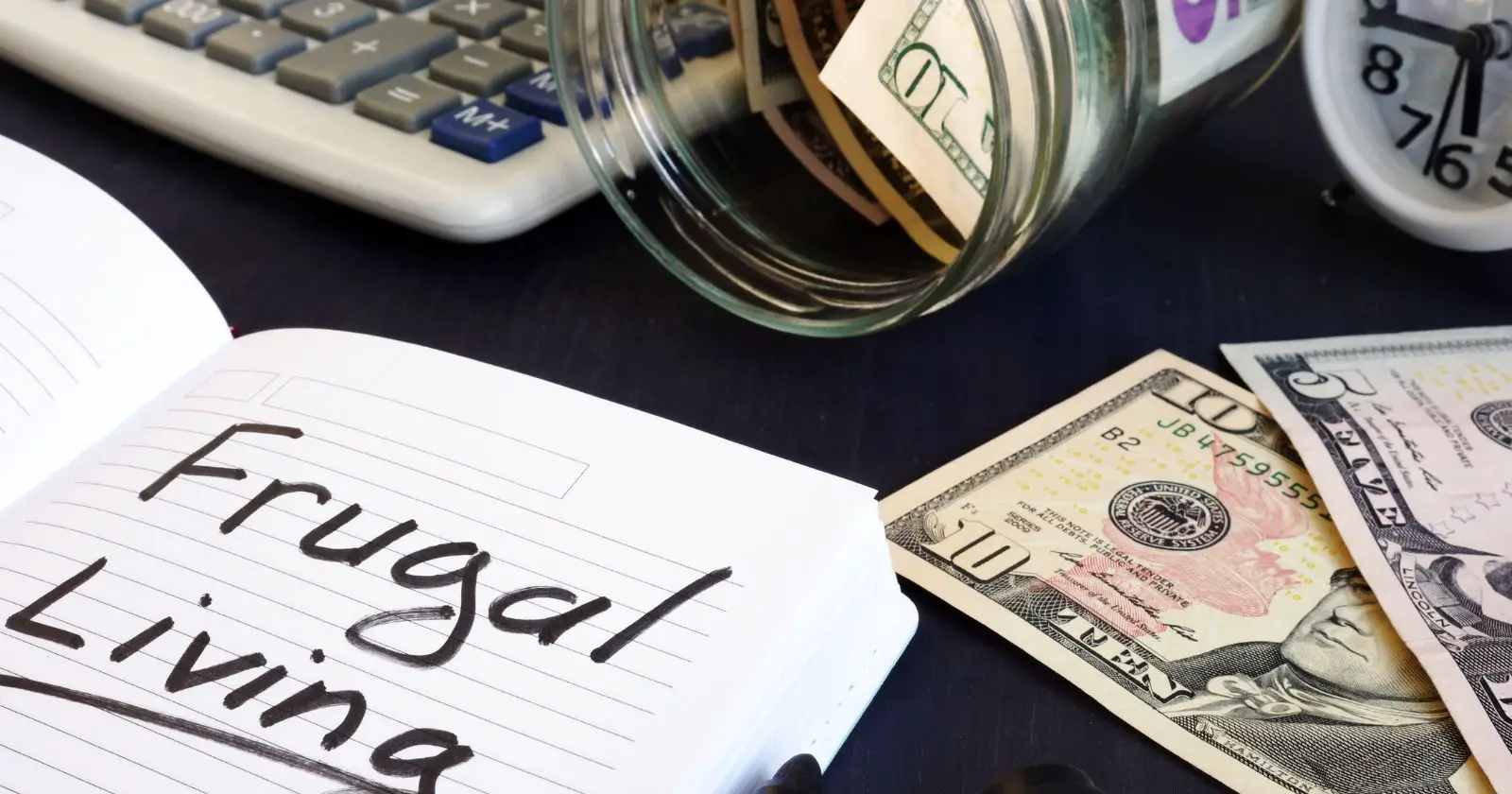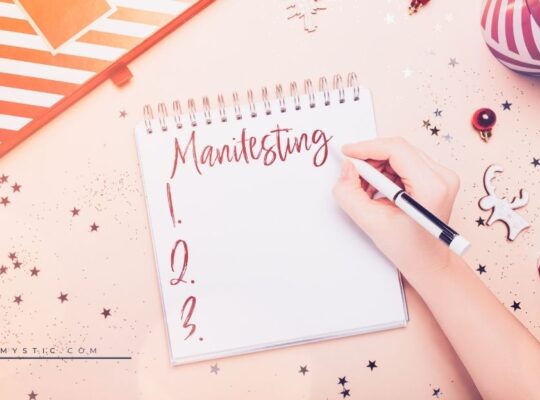Life happens – you can’t always tell when life is going to throw you an expensive and unexpected curveball of a financial blow. Whether your car’s check engine light just flashed on, a powerful storm knocked a tree branch through your house’s front window, or your child broke their arm at football practice, life has a way of sneaking in some unexpected expenses that aren’t a part of your normal monthly budget.
These unexpected expenses are exactly why having an emergency fund is crucial. An emergency fund – or cash that you set aside specifically for an unexpected expense – can be a lifesaver when your routine bills are due in the wake of another expensive emergency.
How to Start Building an Emergency Fund
Many people feel intimidated by the idea of saving money for an emergency fund. However, there are some basic strategies you can use to get started and ensure you have some cash to spare whenever your next financial emergency strikes.
1| Start small with your fund.
Though emergencies can be expensive, you do not need to have a huge amount of cash saved up immediately. Get started however you can – no large deposits into an account required. For example, you can start an emergency fund by contributing $5 or $10 per paycheck into the account you use for your emergency money. While this doesn’t seem like much, it adds up quickly. After a few months of doing this, you’ll be glad to have something set aside for an emergency rather than nothing extra at all.
2| Use over-budgeting to your advantage.
Over-budgeting can help pad a great emergency fund. For example, if you over-budget your flexible expenses, you can slide the remaining amount you budgeted for that particular spending category over to your emergency fund at the end of the month if you end up not using the full amount. By not using that extra $10 on gas for your car or $15 for groceries, you can add it to your emergency fund, and so on.
3| Keep your emergency fund out of sight.
Keep your emergency fund somewhere safe and secure…but out of sight. When life is going well, you may feel tempted to dip into your emergency fund for some extra discretionary cash, but it is vital to resist this temptation. Emergencies can happen at any time, and keeping your emergency fund intact is crucial to ensure it helps you as much as it possibly can during a financial crisis.
A good way to do this is by storing your emergency fund money in an account without direct card access. If you don’t want to keep your money in a bank account, you can keep it in an envelope hidden away somewhere. While it should be easy to access when you need it, you shouldn’t see it regularly enough to feel tempted to use it for non-emergency reasons.
4| Make contributions to your emergency fund savings one of your fixed expenses each month.
Whenever you are paying your monthly fixed expenses, go ahead and add a set amount of cash to your emergency fund. This ensures you’ll be making regular deposits into that account. By treating it like you would any other monthly bill, you ensure that you’re budgeting for a “just in case” situation. Again, even if you’re only contributing $5 or $10 each month, you are ensuring that you have something set aside just in case an unexpected expense arises. Think of making these contributions as a part of your budget – planning ahead for emergencies is an excellent way to approach your monthly spending.







